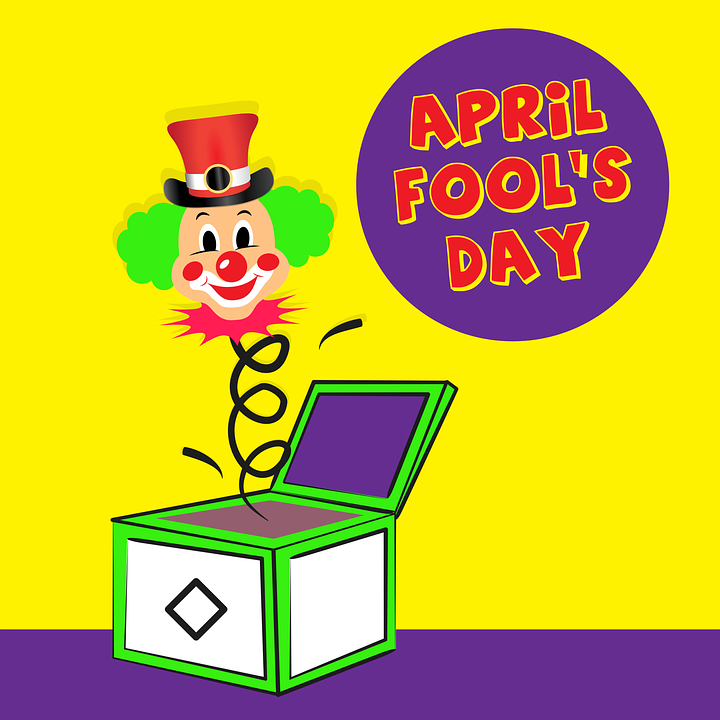Habits, Customs or Traditions?

Listen and read along
Before venturing into the accurate expression of the British culture, revealed by the richness and depth of its
celebrations, a clarifying stop is required. Try to match the three definitions below with the words 'habits', 'customs'
and 'traditions'.
.
1. Usual ways of behaving practiced by few people.
2. Usual ways of behaving dating back many years which continue from generation to generation.
3. A person's routine of behaviour, repeated regularly and often unconsciously.
.
Do you find it difficult to differentiate them? If you haven't realized, one of them is more informal and refers to only one
person. Therefore, this one (habits) will be left out from now on. Instead, we will turn our attention to some customs
and traditions of British origin worth knowing.
.
1) 'Tea time' or 'Afternoon Tea'
Established by the Duchess of Bedford in the 19th century, tea time is actually a light meal including not only black tea but also cakes, pastries, scones, butter, jam, bread and small sandwiches and it is served between 3 and 5 p.m. Many hotels and restaurants serve it, especially in London. Don't miss it if you go to the island country! Anway, there's more to the United Kingdom than just tea.
2) Christmas and New Year celebrations.
As you probably know, in the UK families gather during Christmas time. They decorate their houses with mistletoe and a Christmas tree. They go carol singing and Santa Claus leaves them presents on Christmas' Eve (24th December). The day after, on Christmas Day (25th December), they have a Christmas Meal at lunchtime consisting of roast turkey with vegetables and Christmas pudding or mince pies. On New Year's Eve (31st December) they also have parties at their homes and toast to the coming year. The day after, New Year's Day (1st January) they usually make New year's resolutions - things to improve their lives - at the beginning of the year.
3) Boxing Day
The day after Christmas Day (26th December) is a holiday associated with shopping. Similar to Black Friday, it is a day of big discounts on stores for products not sold for Christmas.
4) Pub culture
Pubs are everywhere in the UK and they are places to socialise, relax and have a drink or eat something. It is something you should experience at some time in your life if you want to learn about Britons and their culture. Pub is an abbreviation of 'public house'. They are different from bars as these sell a wider variety of alcoholic drinks.
5) Sending and receiving cards
In spite of the rise in social media messaging and e-cards throughout the 21st century, sending greeting cards for every purpose (Best wishes, congratulations, Happy birthday, condolences, Christmas, Valentine's Day, etc.) and displaying them at home is something deeply embedded in the British culture. They even have dedicated shops selling cards.
6) Queuing nicely
Or else waiting patiently and politely in a line, is something shown by Britons when doing so, whether it be at a bus stop or at a shop, there is no difference. Do you think this is similar in Spain?
7) Fish & chips
If there is a national dish in the UK that is fish and chips, in other words, fried fish in crispy batter, normally cod or haddock, and chips. It is usually eaten on Fridays because of the Catholic tradition of avoiding meat that day of the week. This is definitely a must!
8) Bonfire night
Also known as Guy Fawkes Day, and taking place on 5th November, it is celebrated with bonfires and fireworks, commemorating the failed Gunpowder Plot - an assassination attempt - of 1605. On Bonfire Night people throw straw dummies representing Guy Fawkes onto bonfires. However, this symbolic act is supposed to drive evil spirits away.
9) April Fool's Day
On this day celebrated on 1st April, people play practical jokes on each other and have fun making them believe things that are untrue. When they believe it they shout April Fool!, 'fool' meaning 'a silly person'. After midday, it's considered bad luck to play a trick. Have you ever been tricked or played a trick on anyone?
10) Excessive politeness?
A striking fact about Brits is the number of times they say ‘please’ or ‘thank you’, and this is true in all social classes. This behaviour is part of what is called social etiquette, a code of good manners and politeness that allow us all to live together in harmony.
.
As you can see in these ten features, there’re plenty of things that charaterise Britain and /or its citizens. We will keep
on getting closer to many more in the following sections and through different activities.
Understanding all this will turn you into a culturally competent person, more tolerant and open-minded, which is to say
a 21st century citizen.